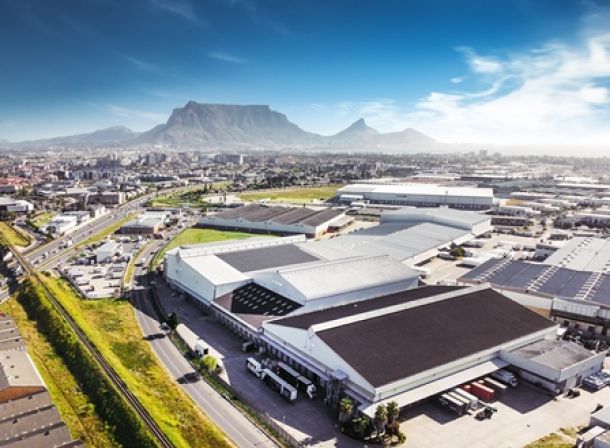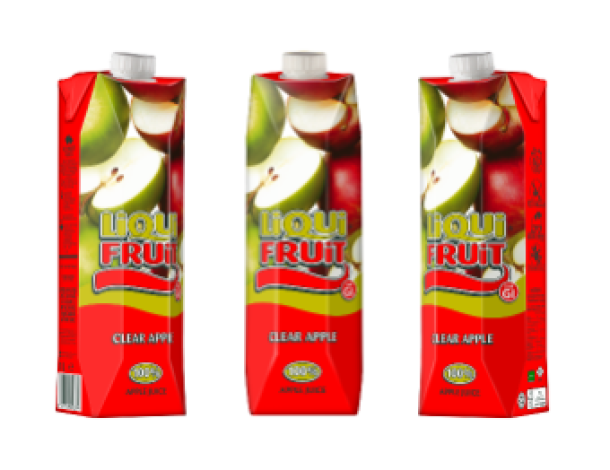
Futureproofing the supply chain in Sub-Saharan Africa: Key trends in 2024
By Mohammed Akoojee: CEO & MD for sub-Saharan Africa at DP World
Trade resilience has emerged as the cornerstone of success in today’s dynamic global supply chain industry.
Amidst the backdrop of growing macroeconomic risks and rapid changes in many parts of the world, this robustness has become essential for navigating the complex dynamics defining the current trade landscape in sub-Saharan Africa (SSA) and the broader continent.
Africa, with the world’s youngest population and growing urbanisation rates, boasts an attractive market – both as a global trade partner and within the continent – with intra-African trade expected to increase at a compound annual growth rate of almost 4% over the coming years. Logistics will continue to play a pivotal role in facilitating and enhancing intra-African trade and in connecting Africa and the world, with the African logistics industry expected to double over the next 3-5 years.
However, regional supply chain pressures, such as inefficient infrastructure and high logistics costs of 2-3x more than leading global economies, significantly impact food and trade inflation, amplifying challenges in a region already facing complex dynamics, including political instability and elections in some African countries this year, climate change, food security challenges, global geopolitical tensions, as well as inflation and currency headwinds.
To achieve optimisation and harmonisation in SSA supply chains, an agile and forward-thinking approach is imperative to expedite change and enhance growth. Futureproofing supply chains to be more robust and flexible not only fortifies SSA’s connection to world trade routes but also promotes increased intra-African trade – with integrated supply chain solutions becoming increasingly vital to navigate the dynamic trade environment.
The most prominent supply chain trends for SSA in 2024 focus on building resilience and sustainability, economic sensitivity, flexibility, and leveraging technological innovation for increased visibility:
Futureproofing the supply chain: Increasing awareness of environmental, social, and governance (ESG) issues will continue to drive better decision-making in supply chains. The growing call to reduce carbon emissions and address climate change will continue in 2024, pushing businesses to adopt electrified or renewable energy approaches. The electrification of vehicles offers a resounding opportunity for the industry to meet net-zero targets.
Adopting this approach throughout the value chain will unlock the full potential for carbon emission savings. Moreover, skills and talent development play a crucial role in addressing the industry’s skills shortage by providing training and upskilling opportunities. Nurturing the future leaders of the supply chain is vital for sustained digitisation and decarbonisation efforts.
Resilient food supply chains: The global climate crisis continues to negatively impact nutritional food sources for millions of Africans every year. Further, roughly 82% of Africans facing acute food insecurity reside in countries of conflict.
These challenges have placed increased pressure on the supply chain industry to establish innovative solutions to improve market access and bring essential food products to people across the continent, including in remote areas. Cold chain storage will continue to grow as an impactful solution to reinforce African supply chains and equip logistics providers with the infrastructure to address this growing concern.
Infrastructure and onshoring: Historical infrastructure challenges in SSA, such as port inefficiencies, require intentional and collaborative efforts to address. Ongoing supply chain efforts to develop infrastructure, invest in freezones, and establish manufacturing and processing hubs will enhance onshoring ventures across the continent. Integrated logistics frameworks are essential and not only offer business benefits like cost savings, but also brings job creation and underscores intra-African trade opportunities.
Technology as a driver: The digitisation of the supply chain will be an ongoing trend in SSA, empowering the region to overcome historical infrastructure challenges and ushering in a new era of business. Africa’s growing youth population positions the continent as an ideal market for global players, with e-commerce acting as the catalyst. I
n addition, Artificial Intelligence (AI) and the Internet of Things (IoT) will enable end-to-end visibility for customers and provide businesses with data for predicting disruptions and making insights-driven decisions, including on production and transport capacity.
SSA, rich in resources, has a competitive advantage in the global supply chain as the heavy reliance on exports from the region continues to yield demand across trade borders. As digitisation and automation continue to grow in 2024, the supply chain industry will continue to work towards building harmonious and optimised trade flows, propelling the African continent’s overall growth.
The 2024 Trade in Transition report, commissioned by DP World and led by Economist Impact, reinforces this outlook – with almost 30% of regional surveyed business leaders anticipating that Africa will emerge as the third-largest market in 2024, trailing only Europe and North America.
The report highlights new trade pacts, predictions of increased intra-African trade, and executives’ commitment to integrating technology to bolster supply chains and gain real-time insights. This aligns with ongoing efforts to fortify SSA’s supply chains, ensuring they remain resilient, sustainable, and integral to the global trade landscape.
Sources: IMF; Accenture; Africa Centre for Strategic Studies
Related Articles

Clicks expands service delivery with the openin...

SPAR drives logistics innovation across distrib...

Pioneer foods announces recall of certain 100% ...

Supply chain industry forced to readapt since p...


